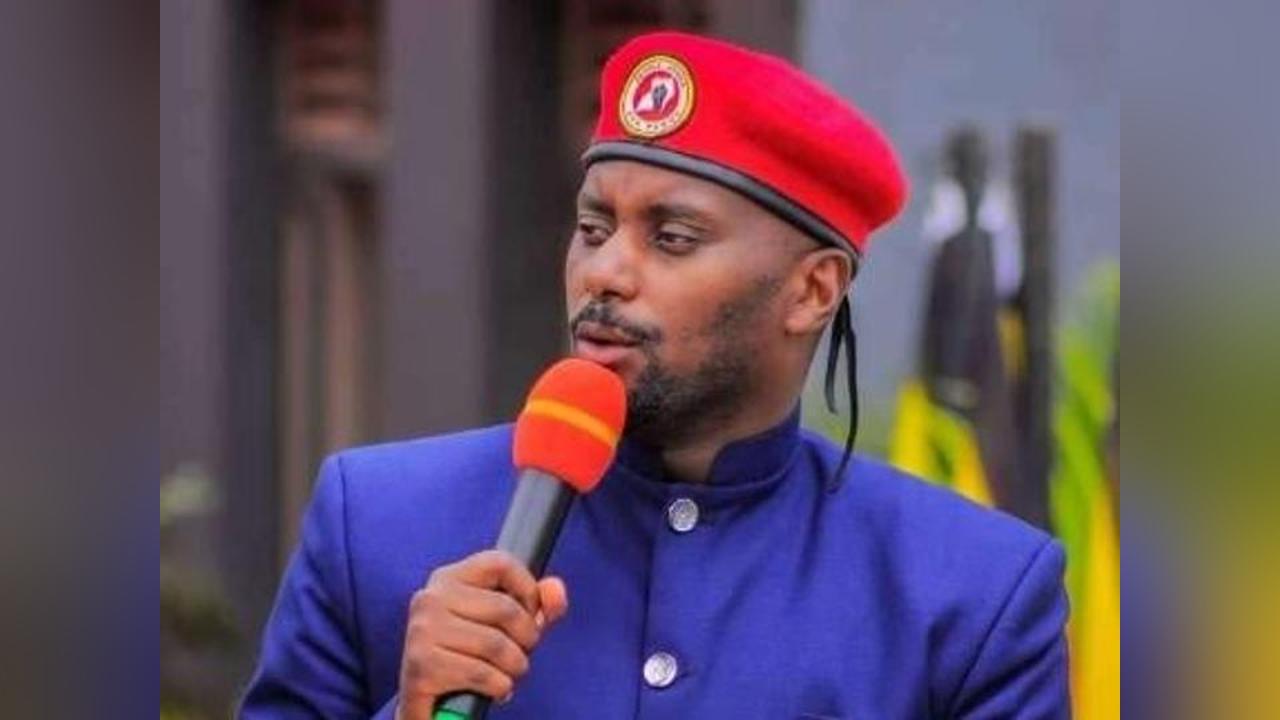Africa-Press – Uganda. The National Unity Platform (NUP) has criticised the Electoral Commission for what it calls exclusionary and discriminatory electoral practices, with Secretary General David Lewis Rubongoya condemning the Shs3 million nomination fee for parliamentary aspirants as unjust and restrictive.
Rubongoya said the high fee is a deliberate barrier that limits participation of young, economically disadvantaged Ugandans, and entrenches elitism in political representation.
“Many graduates in Uganda earn between Shs400,000 to Shs600,000 per month. Requiring Shs 3 million just to contest is outrageous and favours the rich,” Rubongoya said.
He pointed out that NUP does not charge any fees for its internal primaries and said any future proposals on internal contributions would be moderate and democratically agreed upon, “but never at such prohibitive levels.”
Rubongoya also accused security agencies and the Electoral Commission of stifling opposition activities while giving the ruling National Resistance Movement (NRM) a free pass.
He cited a recent incident in which military personnel sealed off NUP offices to block the launch of a youth electoral campaign.
“While the NRM holds events freely across the country, NUP is blocked under the guise of potential violence,” Rubongoya said, calling the practice discriminatory and unfair.
He also criticised what he described as the militarisation of electoral spaces, especially in opposition strongholds like Kawempe.
He said the heavy deployment of armed personnel during electoral events scares away vulnerable groups like women, youth, and persons with disabilities (PWDs).
“People cannot come out to vote when they see soldiers everywhere. The state must ensure peaceful, not intimidating, elections,” he said.
Rubongoya further faulted the Electoral Commission for failing to implement a 2020 High Court ruling that requires the inclusion of PWDs and prisoners in electoral processes.
He dismissed the Commission’s explanation that it lacks a legal framework, calling it “impunity and disregard for the law.”
He also criticised the government’s failure to invest in civic education, despite repeatedly allocating large budgets for it.
“Despite allocating large sums for voter education, citizens remain uninformed. This is intentional to keep the population docile,” he claimed.
Rubongoya called on the Equal Opportunities Commission and other statutory watchdogs to intervene and defend the political rights of all citizens.
He reaffirmed NUP’s commitment to inclusion across gender, ethnicity, and disability lines.
Meanwhile, Conservative Party (CP) president John Ken Lukyamuzi also weighed in, condemning what he termed persistent suppression of opposition voices and the erosion of constitutional freedoms in the lead-up to the 2026 general elections.
Speaking during a stakeholders’ meeting, Lukyamuzi said Uganda risks descending into political violence if urgent reforms are not pursued.
“We have never seen a democratic day since the 1966 abrogation of the Constitution. We don’t want the violence of the Idi Amin era to resurface,” Lukyamuzi warned.
He criticised the state’s continued use of the Public Order Management Act (POMA) to interfere with opposition gatherings, despite a 2020 Constitutional Court ruling that nullified key provisions of the law.
He dismissed the Attorney General’s appeal against the ruling as “legally meaningless.”
“No one should be denied the right to be heard. It is a constitutional guarantee,” he said, citing Articles 28 and 44 of the Constitution.
Lukyamuzi also accused the Electoral Commission of failing to provide a level playing field and called for the immediate release of political party financing under Section 20 of the Political Parties and Organisations Act, which he said has been withheld since the Ninth Parliament.
“We are not beggars. We are legally registered political entities. This sabotage is designed to kill small but important parties like the CP,” he said.
He argued that comparisons to established democracies like Japan are misleading, given Uganda’s lack of institutional safeguards to ensure electoral fairness.
Lukyamuzi called for a national dialogue before the official campaign period begins, urging political parties and institutions to convene and agree on peaceful and fair electoral engagement.
“Don’t belittle yourselves,” he told the Equal Opportunities Commission.
“You could be more important than the Human Rights Commission. There are too many inequalities overwhelming this country’s democracy.”
He also urged the Electoral Commission to involve all political parties in designing the electoral roadmap instead of issuing what he called “endless, meaningless orders” without consultation.
For More News And Analysis About Uganda Follow Africa-Press






